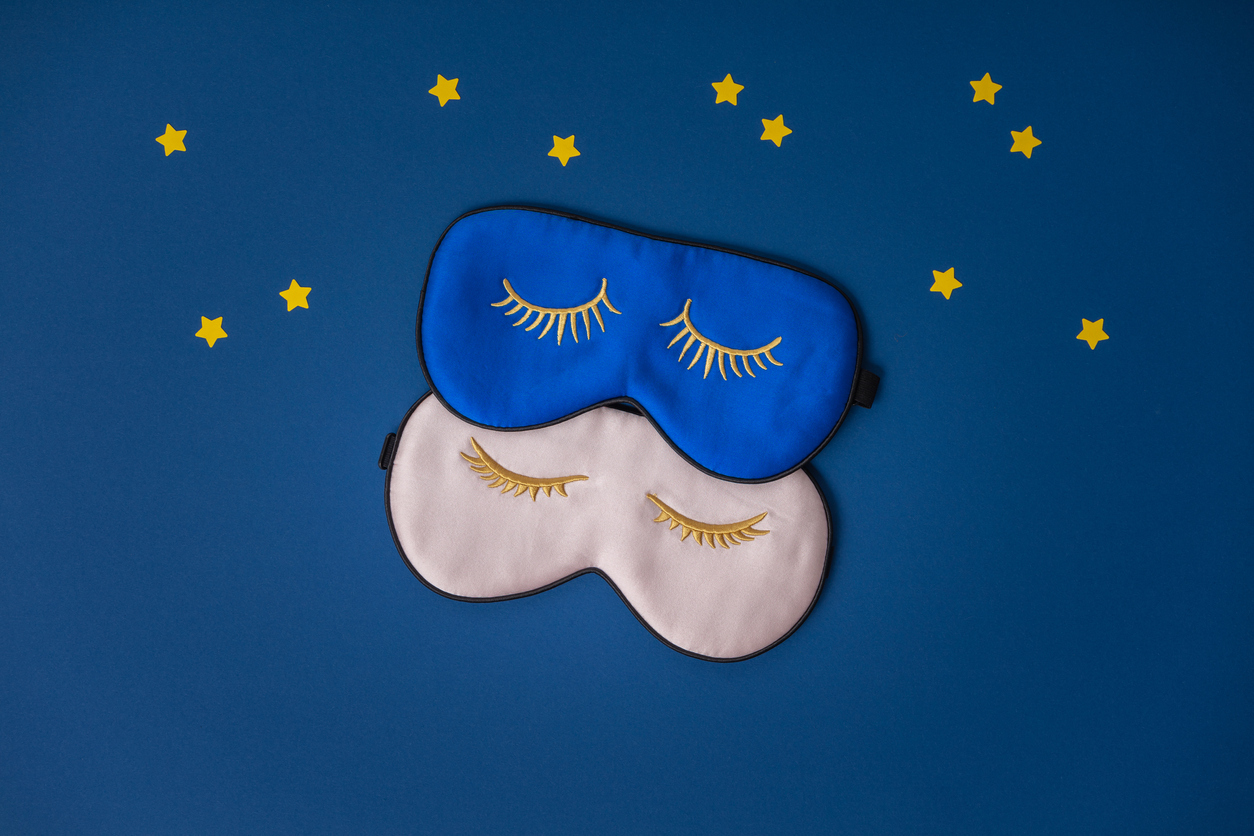In recent years, weighted blankets have become a popular self-care tool for some people who find it difficult to sleep.
Read on to learn about how they work and if they have any benefits.
What is a weighted blanket?
A weighted blanket is what you’d expect – a type of blanket that weighs more than a normal blanket, duvet or quilt.
They come in a variety of weights and can be anything from 2kg to 14kg (5lbs to 30lbs). They’re usually filled with plastic pellets or glass or steel beads, and are made using several layers of fabric.
How does a weighted blanket work?
A weighted blanket puts a gentle pressure on your body – like when someone gives you a big hug. This type of pressure is known as deep pressure stimulation (DPS).
DPS can relax your nervous system. It makes your body switch from its ‘sympathetic’ nervous system (your alert system) to its ‘parasympathetic’ nervous system. This means your body goes from ‘fight or flight’ mode to ‘rest and digest’ mode.
When your parasympathetic nervous system is in charge, your heart rate slows down, your muscles relax and your circulation improves. Your body also starts to make ‘happy hormones’ called endorphins. All this creates a feeling of peace and relaxation.
Other ‘feel-good hormones’ called dopamine and serotonin are also released. These hormones are involved with things like attention, memory, sleep and digestion.

What are the benefits of a weighted blanket?
Many claimed weighted blanket benefits are unproven, and there haven’t been many scientific studies into their effectiveness.
However, there is some evidence to suggest that weighted blankets may help to:
- improve sleep quality and reduce insomnia
- lower anxiety and stress levels
- ease pain
- promote feelings of wellbeing
How to choose a weighted blanket
It’s generally recommended that a weighted blanket should weigh about 10% of your body weight. So if you weigh 68kg (150lbs), for example, you should choose a blanket that’s about 6.8kg (15lbs).

Who can use a weighted blanket – and who shouldn’t?
As long as you’re using the correct blanket for your body weight, then a weighted blanket is generally safe to use.
You may notice positive effects from using a weighted blanket if you have:
- insomnia or trouble sleeping
- anxiety
- aches and pains
- restlessness
- depression
- autism
It’s recommended that you avoid using a weighted blanket – or check with your doctor first – if you have:
- sleep apnoea
- certain sleep disorders
- claustrophobia
- breathing problems
- a chronic health condition
Weighted blankets shouldn't be used by babies or very young children. It’s a good idea to speak to your doctor if you want to try using a weighted blanket with a child.
Key points
- weighted blankets put a gentle pressure on your body known as deep pressure stimulation (DPS)
- DPS can relax your nervous system and make you feel calm
- weighted blankets may help to improve sleep and reduce anxiety, among other possible benefits – but more research is needed
- a blanket should weigh about 10% of your body weight
- you shouldn’t use a weighted blanket if you have a sleep or breathing disorder






